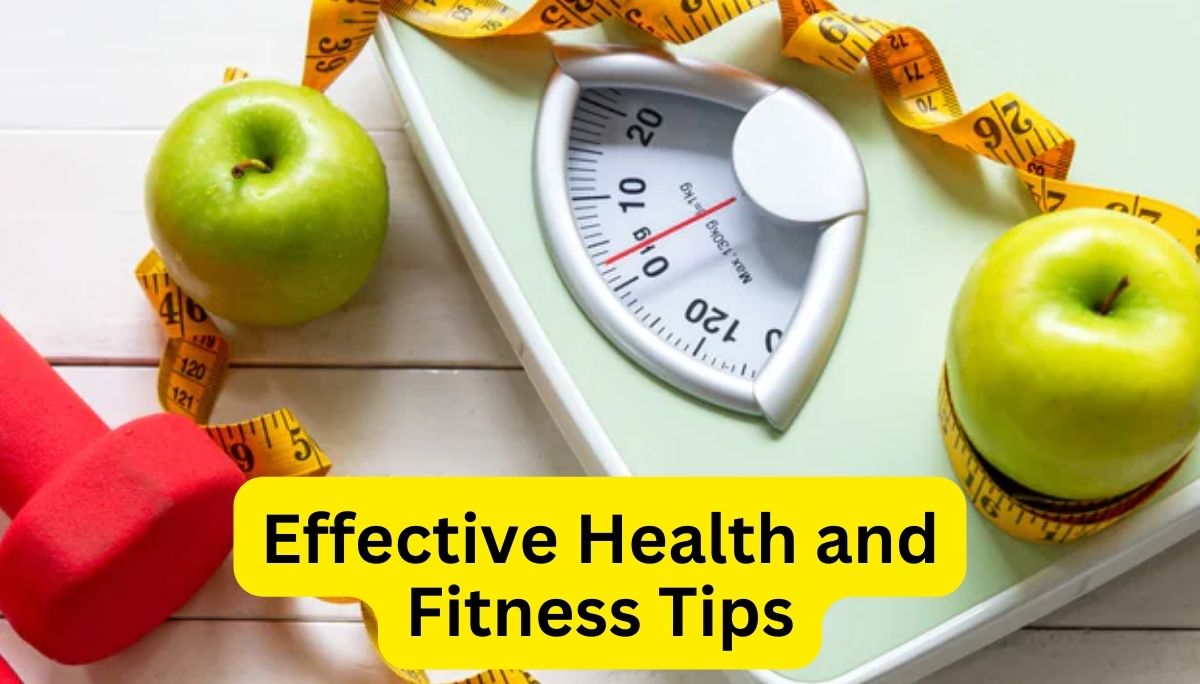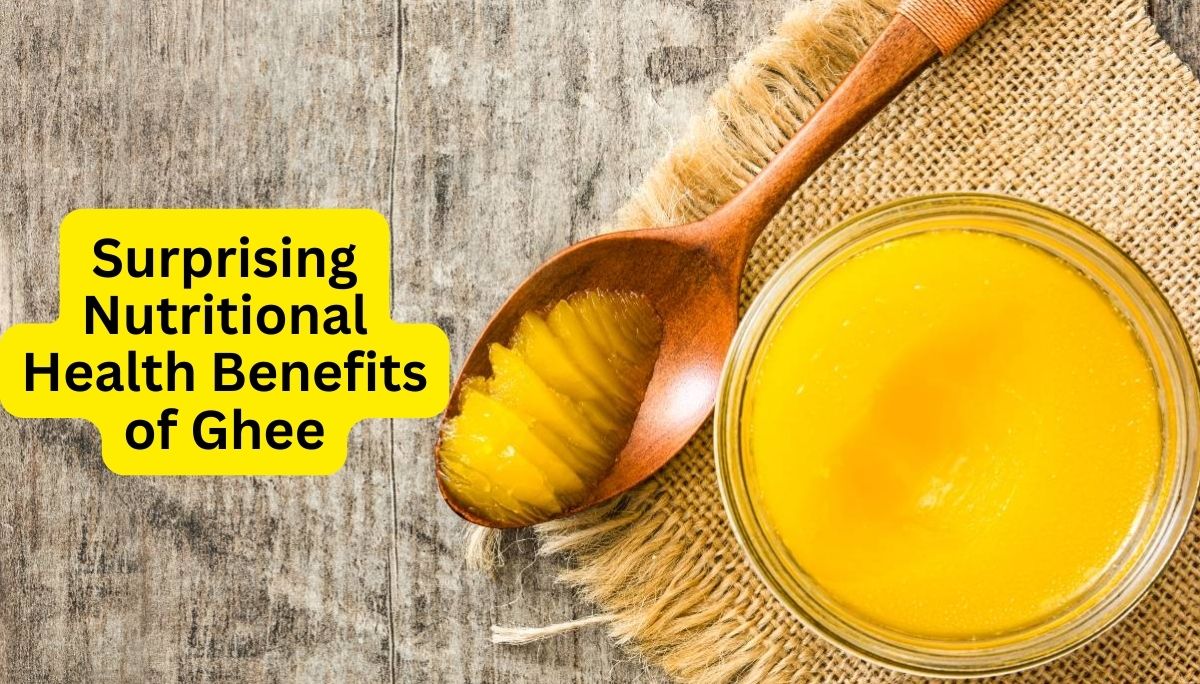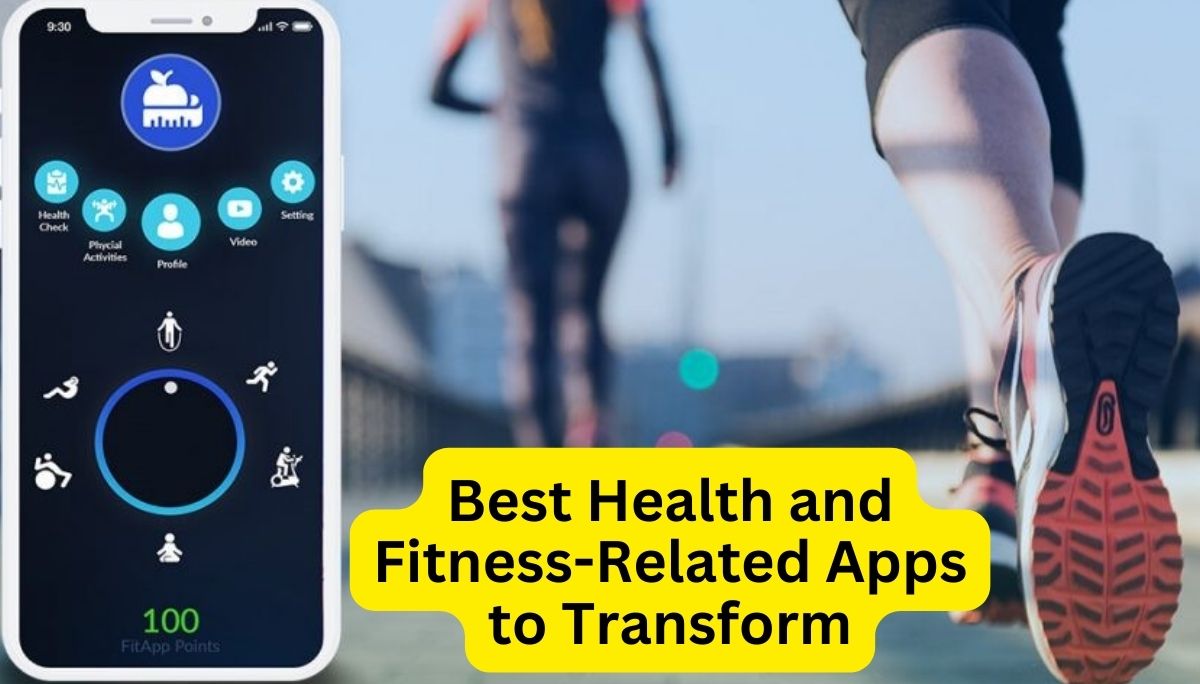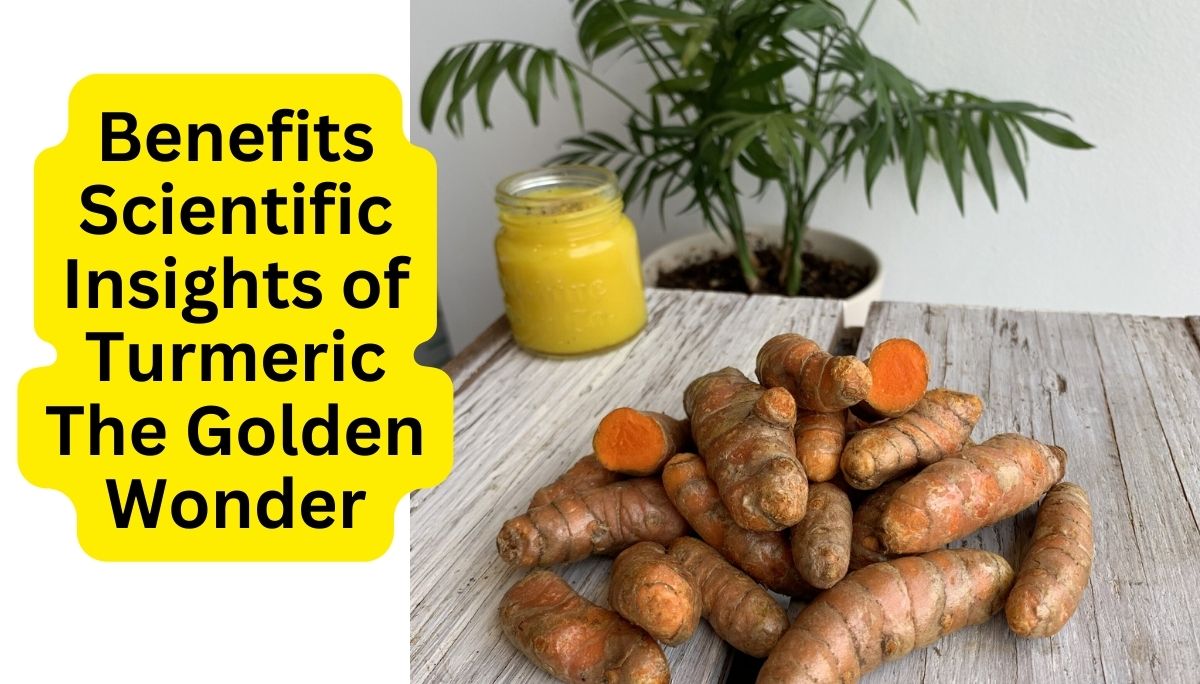Healthiest Food Choices Discovering for Optimal Well-being: Know the Ultimate Secret Today
In a world brimming with dietary fads and conflicting advice, the quest for the healthiest food can feel like chasing a mythical creature. But fear not! We’re here to demystify this journey and guide you toward foods that nourish your body, mind, and soul. So, let’s embark on a delightful culinary exploration to discover the ultimate sustenance for a vibrant life.
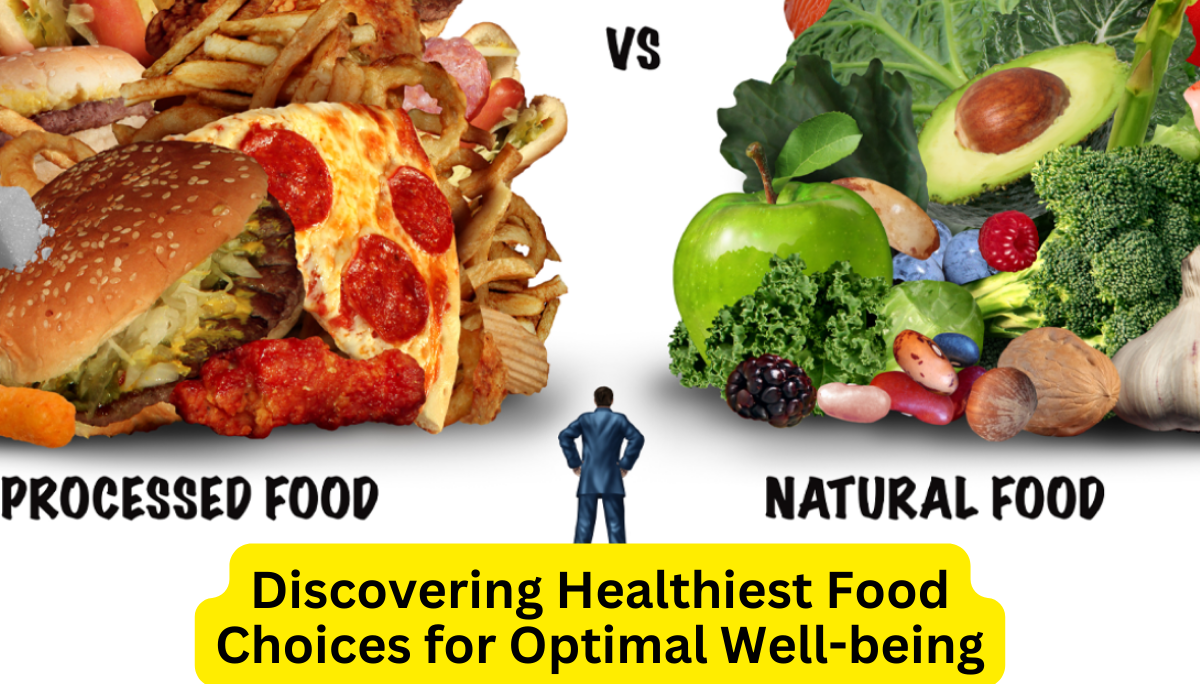
Table of Contents
The Importance of a Healthy Diet
Eating a nutritious diet is crucial for maintaining overall health and well-being. The food we consume provides our bodies with the essential nutrients, vitamins, and minerals required for optimal functioning. A balanced diet can help prevent chronic diseases, boost immunity, and promote longevity. In today’s fast-paced world, where convenience often takes precedence, it’s essential to prioritize our dietary choices and opt for nutrient-dense, whole foods.
Nutrient-Dense Whole Foods
Nutrient-dense foods are those that pack a powerful nutritional punch while being relatively low in calories. These foods are rich in vitamins, minerals, antioxidants, and beneficial plant compounds that contribute to our overall health. Whole foods, on the other hand, are minimally processed and retain their natural state, preserving their nutritional integrity.
By combining nutrient-dense and whole foods, we can maximize the health benefits of our diet. Some examples of nutrient-dense whole foods include leafy green vegetables, berries, nuts, seeds, legumes, and whole grains.
Top Healthy Food Groups
- Leafy Green Vegetables: Spinach, kale, and arugula are powerhouses of nutrition, packed with vitamins A, C, and K, as well as folate, iron, and fiber. These greens are also rich in antioxidants, which help protect our cells from damage.
- Berries: Blueberries, raspberries, and strawberries are bursting with flavor and loaded with antioxidants, vitamins, and fiber. Berries have been shown to improve brain function, reduce inflammation, and support heart health.
- Nuts and Seeds: Almonds, walnuts, chia seeds, and flaxseeds are excellent sources of healthy fats, protein, and fiber. They also contain various vitamins and minerals, making them a nutritious snack or addition to meals.
- Legumes: Lentils, chickpeas, and beans are excellent plant-based sources of protein, fiber, and various essential nutrients. They are versatile and can be incorporated into a wide range of dishes, from salads to curries.
- Whole Grains: Quinoa, brown rice, and whole-wheat bread offer a wealth of nutrients, including fiber, B vitamins, and essential minerals like iron and magnesium. Whole grains are also associated with a reduced risk of chronic diseases.
- Fatty Fish: Salmon, mackerel, and sardines are rich in omega-3 fatty acids, which are essential for brain health, heart health, and reducing inflammation. These fish are also excellent sources of protein and various vitamins and minerals.
Remember, variety is key when it comes to a healthy diet. By incorporating a diverse range of nutrient-dense whole foods, you can ensure that your body receives a comprehensive array of essential nutrients.
For more information on healthy eating, check out the Harvard School of Public Health’s Healthy Eating Plate.
Frequently Asked Questions: Healthiest Food
Q: Why are whole foods considered healthier than processed foods?
A: Whole foods are minimally processed and retain their natural state, which means they contain a higher concentration of essential nutrients, fiber, and beneficial plant compounds. Processed foods, on the other hand, often have added sugars, salt, and unhealthy fats, and may lack important nutrients due to the processing methods used.
Q: Can a vegetarian or vegan diet provide all the necessary nutrients?
A: Yes, with proper planning and understanding of nutrient sources, a well-balanced vegetarian or vegan diet can provide all the essential nutrients the body needs. It’s important to include a variety of plant-based protein sources, such as legumes, nuts, seeds, and whole grains, as well as fortified foods or supplements for nutrients like vitamin B12, which is primarily found in animal products.
Q: Is it better to eat organic foods?
Organic foods are generally considered healthier as they are grown without the use of synthetic pesticides, fertilizers, or genetically modified organisms (GMOs). However, the nutritional value of organic and conventionally grown produce is often similar. If organic options are not readily available or affordable, it’s still beneficial to consume a variety of nutrient-dense whole foods, regardless of their organic status.
Q: Is it possible to eat healthy on a budget?
A: Absolutely! Eating healthy doesn’t have to break the bank. By prioritizing whole, unprocessed foods like fruits, vegetables, legumes, and grains, you can nourish your body without draining your wallet. Shopping in season, buying in bulk, and preparing meals at home are just a few strategies to make healthy eating affordable and accessible.
Q: Can I get enough protein on a plant-based diet?
A: Absolutely! Plant-based sources of protein, such as legumes, tofu, tempeh, seitan, nuts, and seeds, provide ample protein to support muscle growth and repair. By incorporating a variety of plant-based protein sources into your meals, you can easily meet your protein needs while enjoying a diverse and delicious diet.
Q: Are there any healthy alternatives to processed snacks?
A: Absolutely! Instead of reaching for processed snacks high in sugar, salt, and unhealthy fats, opt for whole food alternatives like fresh fruit, raw veggies with hummus, homemade trail mix, Greek yogurt with berries, or air-popped popcorn seasoned with herbs and spices. These nutrient-dense snacks not only satisfy your cravings but also nourish your body with essential nutrients.
Q: How can I incorporate more healthy foods into my diet?
A: Start by making small changes gradually. Replace processed snacks with fresh fruits or nuts, add more vegetables to your meals, and experiment with whole grains like quinoa or brown rice. Meal prepping and planning ahead can also make it easier to have healthy options readily available. Additionally, involve your family or friends in the process, as it can be more enjoyable and sustainable when you have support.
With a little effort and creativity, you can transform your diet into a nutrient-rich, whole-food-based one that supports your overall health and well-being.

